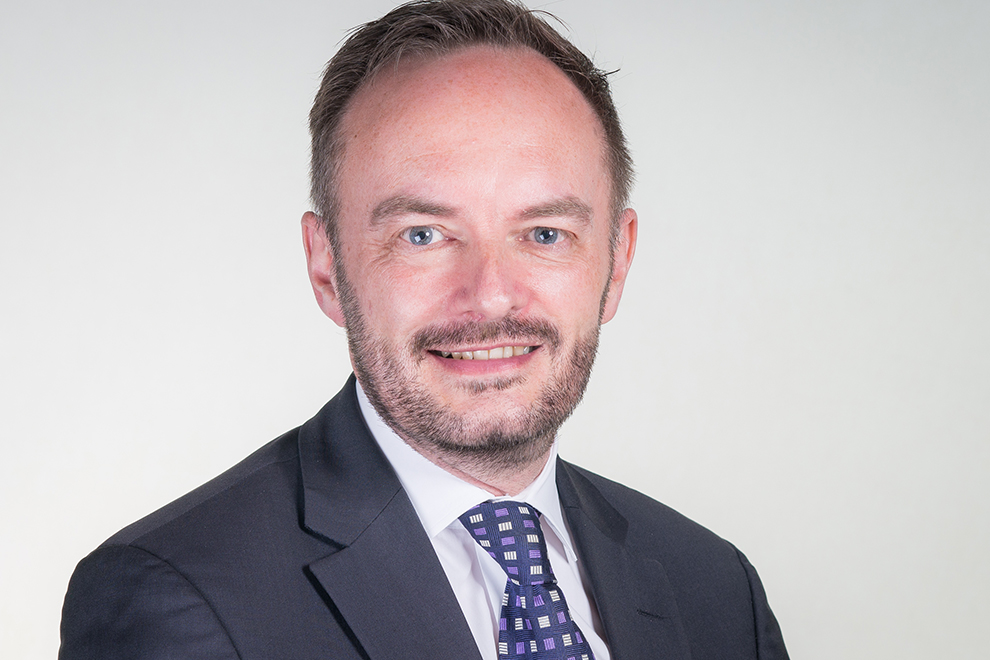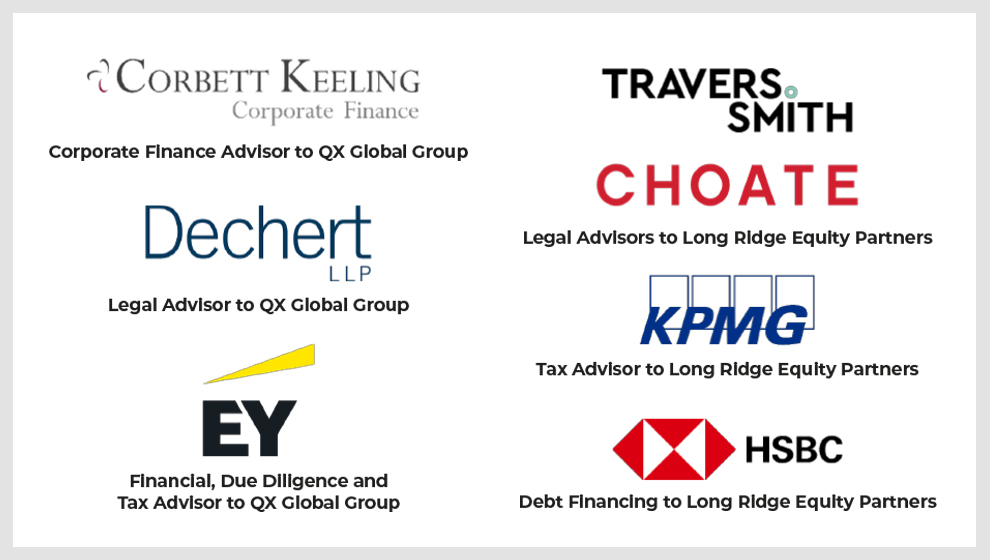Derek Rodgers, managing partner of Gardner Leader solicitors, reflects on his experience of growing his firm through mergers and acquisitions.
Founded in Newbury in 1895, the last decade has seen rapid growth for Gardner Leader as it has expanded beyond its West Berkshire roots. The acquisition of Heath Buckeridge in Maidenhead in 2014 kickstarted a period which has seen the firm treble in size. A London office was opened in 2019, and in 2021 a small acquisition in Windsor has been followed by a merger with the 16-strong team at Swindon-based corporate and commercial boutique firm Clark Holt, taking the firm’s headcount to around 175, with a combined turnover of £12 million.
What is your business vision, and why does it matter?
Our aim is to grow carefully and prudently so we can continue to attract the best people and offer high-quality services to clients, acknowledging that this comes with increasing cost in terms of investment in people, technology and other resources as well as the basic expense of running the business, such as insurance. It is not about growth for growth’s sake, but rather ensuring that we have the infrastructure and resources to enable us to be the kind of firm we want to be, staying independent and offering a realistic alternative to larger firms for both clients and staff.
To make a success of that strategy, it has been essential to assess each merger opportunity carefully to make sure that it will help achieve those objectives and not be either a distraction or a dilution. We have explored a large number of potential opportunities and have turned down more than we have pursued.
It is almost a cliché to say that culture is key, but it is true. If the purpose of our growth is to enable us to maintain the independence of the firm that we all enjoy working in, then anything that would be detrimental to our existing culture and values is not the answer. That does not mean finding a clone, but it does mean having confidence that the people coming in, especially at leadership level, are sufficiently aligned to your vision and approach to avoid fundamental changes that you do not want to see. We had an employee net promoter score of +70 in our most recent staff survey – that is not something we want to put at risk.
It is not about growth for growth’s sake, but rather ensuring that we have the infrastructure and resources to enable us to be the kind of firm we want to be
Beyond that, the potential merger needs to be capable of adding to the bottom line and enhancing your service offering. Just adding turnover is unlikely to achieve very much.
Our recent merger with Clark Holt was the culmination of a working relationship stretching back at least 12 years. That meant that both sides had long experience of what made each firm tick, what kind of people they were, what mattered to them and what sort of future we all want to have.
Naturally, we were quite different firms, one being a small, highly specialised team based in one office focusing on corporate, commercial and real estate, the other spread over five offices and offering services from conveyancing to complex international arbitration. But our teams had worked closely together over many years, each assisting clients of the other in areas which one firm did not offer and also working jointly on matters for mutual clients. We already had a shared network of contacts and referrers. We could see very clearly that our way of working, our approach to client service and our approach to people were all quite closely aligned. When the proposed merger was announced, the response from several clients and contacts was “why have you waited so long?”.
In terms of the financial aspect and the service offering, the merger fitted neatly into an approach – which we had been following for a number of years – of building and growing our corporate and commercial offering to balance our private client offering. With the significant expertise available at Clark Holt, the merger represented a step-change in that strategy and greatly enhanced what we could offer to clients and potential clients across the Thames Valley. Joining forces with us also meant that, for Clark Holt, the range of services which they could offer ‘in-house’ was transformed overnight.
It is almost a cliché to say that culture is key, but it is true.
Making the process work
There are many stakeholders who need to be considered when approaching a potential merger. Most obviously, getting all the partners in both firms on board in principle at a very early stage is key. For those leading the project, it is important to be sure that everyone is actually happy with the prospect of reaching the proposed destination rather than just agreeing to the steps along the way and leaving the bigger question until the end.
The support and engagement of your professional indemnity insurers throughout the process is also essential. We were fortunate to have very constructive input throughout from both our brokers, Marsh, and our lead insurer, QBE. You need to make their job easier by having a clear picture of what you are trying to achieve and how you are going to go about it, especially in relation to due diligence. They will want to see that you have identified and considered all relevant risks and have a plan for mitigating any which cannot be eliminated.
Inevitably, much of the early discussion has to take place in confidence and with only a very tight group of people involved, but at some point, the rest of your management team will need to be involved. At that stage, it is not just vital that they are given a clear understanding of the project and what is needed from them to advance the process, but also that you are alive to whatever concerns they may themselves have about what it will mean for them in relation to their own roles, workload and place in the team.
[ymal]
A clear and consistent message to the wider staff of both firms is key and a process for discussing, consulting and allaying any concerns. The task of creating one team from two needs to begin at the earliest opportunity, as soon as news of the proposed merger is announced. Communication needs to be regular and ongoing, and at all levels across the firms.
At least as important is communication to (and with) the clients of both firms, their contact networks and the wider market. That needs to focus on the benefits to them and why they will get a better service as a result.
Signing and completing the deal, and enjoying the celebratory champagne and cakes, make it all worthwhile. Then you realise that the hard work is just beginning!
Derek Rodgers, Managing Partner
White Hart House, Market Place, Newbury, RG14 5BA
Tel: +44 01635 508080
E: d.rodgers@gardner-leader.co.uk
Derek Rodgers has been the managing partner of Gardner Leader since 2011, having joined as a partner in 2005. Prior to taking on this role, he was an experienced corporate and commercial lawyer with expertise in corporate finance, mergers and acquisitions, general company and commercial law and employment.
Gardner Leader provides a range of services for businesses and services for individuals, including commercial, corporate, dispute resolution, residential property and conveyancing, inheritance protection and family law. During Derek Rodgers’ tenure as managing partner, the firm has doubled in size since 2012. Gardner Leader has also been a member of LawNet, a group of over 60 independent law firms committed to quality and excellence, for over 25 years.

























